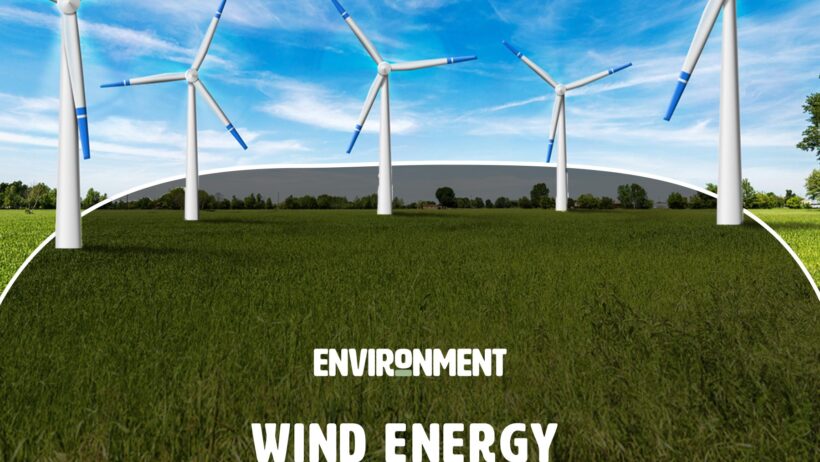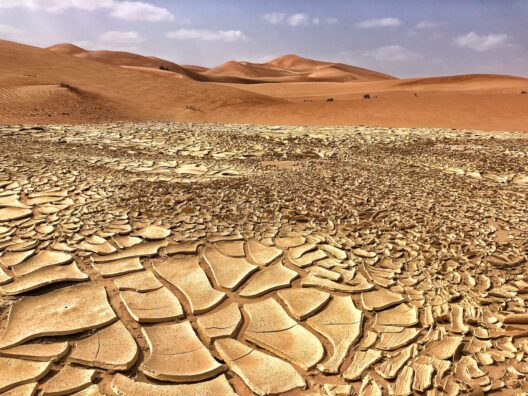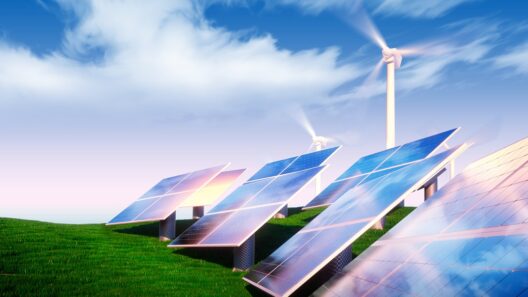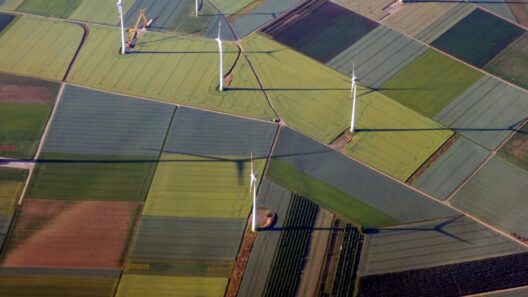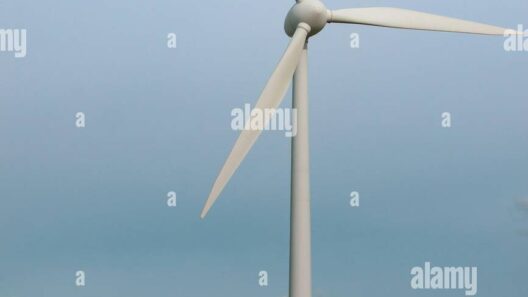Wind energy, often likened to a gentle giant with the power to reshape our environmental landscape, stands as a beacon of sustainable innovation. Just as a colossal tree harnesses sunlight for growth, so too does humanity harness the unrelenting breath of nature—the wind—to cultivate a cleaner, more sustainable future. By exploring the multitude of advantages that wind energy offers, we uncover an unparalleled opportunity to redefine our relationship with power.
In a world where climate change looms ominously, wind energy epitomizes hope, sustainability, and resilience. It captures the essence of modern environmental stewardship, allowing us to harness nature’s forces instead of depleting its resources. Let us delve deeper into the myriad benefits associated with this form of renewable energy.
Unleashing the Natural Power: Clean Energy Source
When wind turbines spin, they orchestrate a symphony of clean energy production. Wind power generates electricity without emitting harmful greenhouse gases, offering a stark contrast to fossil fuels. As the wind whispers through the blades, it converts kinetic energy into electrical energy, producing clean power on a grand scale.
The environmental ramifications are profound. By relying on wind energy, we dramatically reduce our carbon footprint, cleaving through the thick fog of air pollution that has enveloped our cities. The transition to wind power, therefore, serves multiple ecological purposes, not only preserving our planet’s health but also improving air quality for all living beings.
Moreover, the utilization of wind energy mitigates the alarming depletion of finite resources. Fossil fuels, akin to a devouring fire that consumes until nothing remains, pose a significant threat to our ecosystems and biodiversity. By embracing wind power, we can draw strength from a naturally abundant source that renews itself day after day, akin to the ebb and flow of tides.
Creating Economic Opportunities: Job Creation
Wind energy does not only invigorate the environment; it acts as an engine of economic development, driving job creation in a multitude of sectors. As new wind farms arise, they sprout opportunities for skilled workers, engineers, and construction crews. From the design of innovative turbine technology to the installation and maintenance of wind farms, the wind energy sector fosters a diverse array of employment prospects.
According to recent data, the growth of wind energy has the potential to generate thousands of jobs that are both future-oriented and sustainable. This sector of the economy is less susceptible to the fluctuations associated with traditional fossil fuel markets, making it a stupendous contender for economic stability.
Additionally, the investment in wind energy fosters local economies. Regions that harness wind power tend to see an influx of business, from manufacturing to service-oriented businesses that support the burgeoning energy industry. As communities embrace wind energy, they cultivate a new identity that prioritizes sustainability while promoting economic resilience.
A Reliable Energy Solution: Energy Independence
One of the most compelling advantages of wind energy is its potential to foster energy independence. As nations grapple with the complexities of energy security, wind power emerges as a stalwart ally, insulating countries from the geopolitical vagaries associated with fossil fuel dependency. Just as a ship sails freely upon the open waters, harnessing wind suggests autonomy in energy production.
Wind energy can be harnessed at various scales—from colossal offshore wind farms to localized turbines on individual properties. This versatility allows for distributed energy generation, empowering communities to take charge of their energy needs. By leveraging the wind, countries reduce their reliance on imported fossil fuels, crafting a path toward energy sovereignty.
Furthermore, in an age of rapid technological advancement, wind energy continues burgeoning innovations that enhance efficiency and storage capacity. With advancements in battery technology, the intermittency of wind energy is being addressed, ensuring that surplus energy is effectively stored and utilized. This adaptability transforms wind energy from a sporadic contributor to a reliable mainstay in our energy portfolio.
Fostering Environmental Resilience: Preservation of Ecosystems
Wind energy stands as a staunch protector of biodiversity. Unlike traditional energy sources that often entail significant ecological disruption—strip mining for coal, oil spills, or habitat destruction—wind turbines occupy a relatively small footprint on the landscape. Just as gentle rain nurtures the earth without uprooting its life-giving foundation, wind energy provides a pathway towards ecological preservation.
Moreover, the decrease in sedimentation and habitat destruction, often incurred by traditional energy extraction methods, helps maintain local wildlife populations. The renewable nature of wind harnesses an infinite source of power, allowing ecosystems to thrive without the relentless pressure typically associated with resource extraction.
In conclusion, wind energy is not merely an option; it is an essential step forward toward a sustainable future. By embracing this clean power source, we not only combat climate change and enhance air quality, but we also stimulate economic growth and promote energy independence. Moreover, the environmental benefits associated with wind energy create room for flourishing ecosystems, showcasing the art of coexistence between humanity and nature. As we contemplate the metaphorical winds of change, we find ourselves at the helm of an unparalleled opportunity—to choose wind, to choose sustainability, and to choose hope for generations yet to come.



